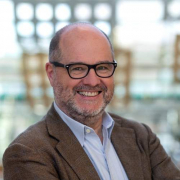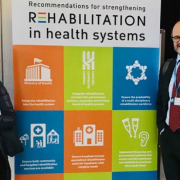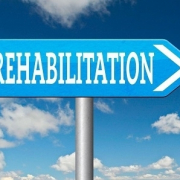Prof. Stefano Negrini at the World Health Assembly as Cochrane representative
From May 23 to 26, Stefano Negrini, scientific director of Isico, participated as a Cochrane representative in an event of the World Health Assembly, the main decision-making body of WHO. The event is co-organised by missions to WHO from five countries and several scientific, professional, and patient organisations in the field of rehabilitation.
The theme of this year’s Health Assembly was WHO at 75: Saving lives, driving health for all.
On May 25, the event “Strengthening Rehabilitation in Health Systems: What’s at Stake?” took place on the sidelines of the World Health Assembly to discuss advances and challenges in integrating rehabilitation into health systems.
After the approval of the resolution on rehabilitation by the General Assembly of all Ministers of Health in the world, Prof. Negrini was one of the speakers at the workshop organised by the World Rehabilitation Alliance, in which Negrini represents Cochrane, a global independent network of researchers, professionals, patients, carers, and people interested in health.
“It is the first time that there is a resolution on rehabilitation by the World Health Assembly – comments Prof. Negrini – Rehabilitation is an essential component of universal health coverage. The lack of access to rehabilitation may expose persons with rehabilitation needs to higher risks of marginalisation in society, poverty, vulnerability, complications and comorbidities, and impact on functioning, participation and inclusion in society. The negative impact on people’s lives also causes an important economic burden on societies””.



